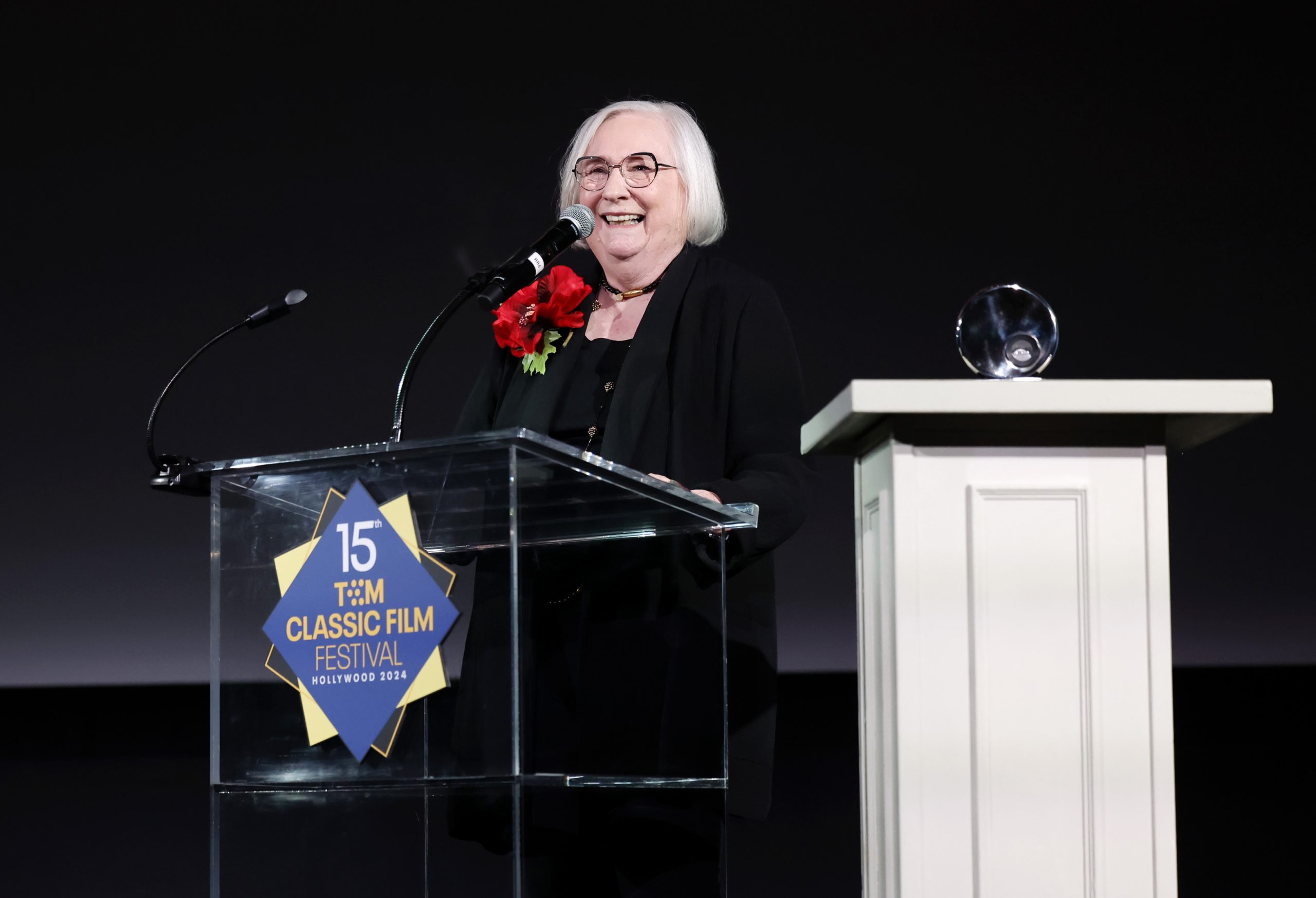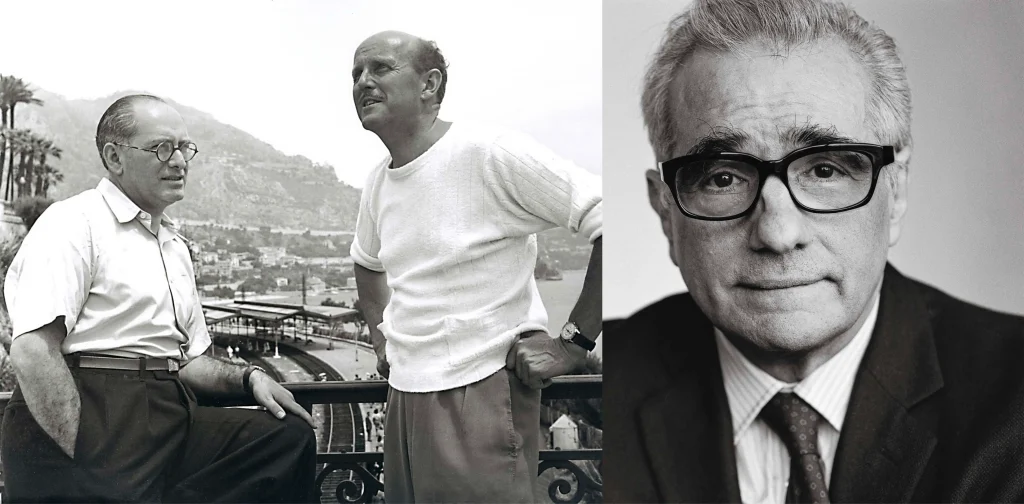
It was 30 years ago this April that Turner Classic Movies (TCM) first signed on the air. Truly, it wasn’t that big of a deal then: AMC still stood for American Movie Classics, public broadcasting stations re-ran old movies either in the public domain (or close) and VHS was commonplace.
But TCM proved to be different. From the outset, its dedication to televising films uncut and commercial-free, complete with host introductions and a bevy of interstitials — trailers, archival interviews, shorts and original productions — added the missing component, the thing that made TCM viewers into full-fledged fans: context. You didn’t just watch a movie on TCM; you learned the story of who made it, how they made it, when they made it and under what conditions. It made you hungry to see more, to learn more. TCM isn’t just a TV channel; it’s a theater, classroom and personal friend all rolled into one.
“We’re a special tribe who loves movies,” film scholar, author and professor Jeanine Basinger said at the 2024 TCM Classic Film Festival. “We willingly come into the darkness. And sit down in the darkness. And trust the darkness. And wait for the light to come to us, up on the screen. And when it comes, we embrace it, and we learn from it. We grow from it. We cry, we laugh. We find out things about people we don’t know about. Hopefully, we grow and gain better understanding. And these movies, that are entertainment, are our best opportunities to learn and grow. To build a better world together.”
For Basinger, the road to that realization began as a young usher at the two movie theaters in her hometown of Brookings, South Dakota. She sought to understand the power of movies and their hold over a mass audience. That led her to seek out the talent on and off screen, to understand their tactics and to teach future generations their utility over six decades at Wesleyan University, where they’ve since named a wing of their cinema studies department after her.

Basinger was honored at this year’s TCM Classic Film Festival — which played the movie palaces of yore in Hollywood April 18-21 — with The Robert Osborne Award. Previous recipients include Martin Scorsese, Kevin Brownlow, Leonard Maltin and Donald Bogle.
It seemed like every movie that played this year’s festival honored Basinger’s desire that movies could build a better world together. Whether it was 1951’s Westward the Women, with Robert Taylor guiding a wagon train of volunteer brides out to 19th century California to find eligible bachelors, 1930’s The Big House, which dramatically documents the shortcomings of the prison system, or the 1962 masterpiece Lawrence of Arabia, where a military expert dreams of unification in a land torn apart by tribalism.
But if ever there was hope that movies could bring us together to build a better world, then let the films of Michael Powell and Emeric Pressburger — the writers, producers and directors known collectively as the Archers — be exhibit A.
Martin Scorsese, a lifelong acolyte of the Archers, pays tribute to the duo and their films in the documentary Made in England, which enjoyed its U.S. premiere at the festival. The film is no simple assembly of Powell’s and Pressburger’s greatest hits. The documentary — more freeform essay than chronological reportage —shows how a movie-mad boy was transformed by the filmmakers’ creative prowess, not just in style but in substance. As Scorsese says of the Archer’s 1943 elegy, A Canterbury Tale: “If you are quiet and listen closely, you can hear the voices of the past helping you to understand the present.”
And so the whispers of the past once again wriggled free from the screen at the 15th TCM Classic Film Festival — as they do day in and day out on TCM. The questions may change, but the answers never do. And they’re there for you, waiting in the darkness, if only you take a moment to listen.
